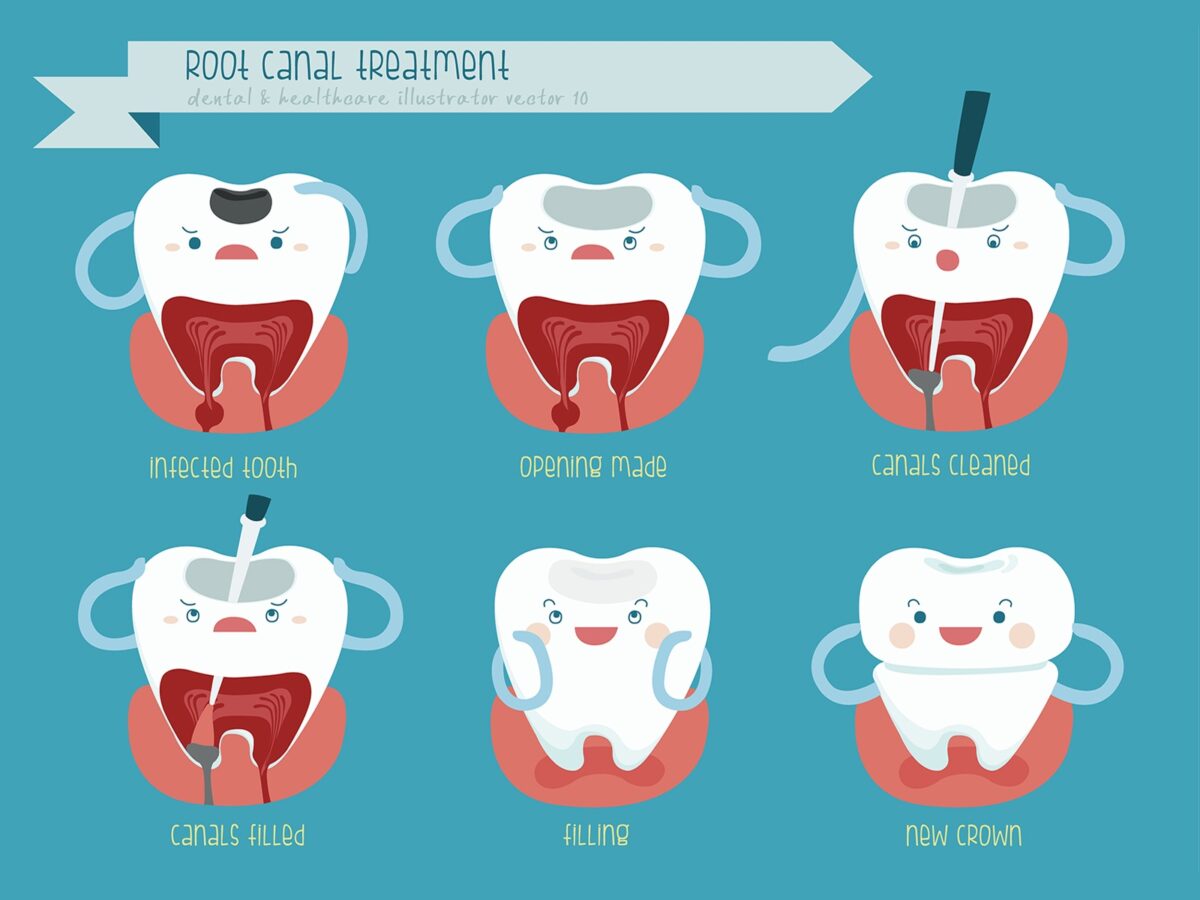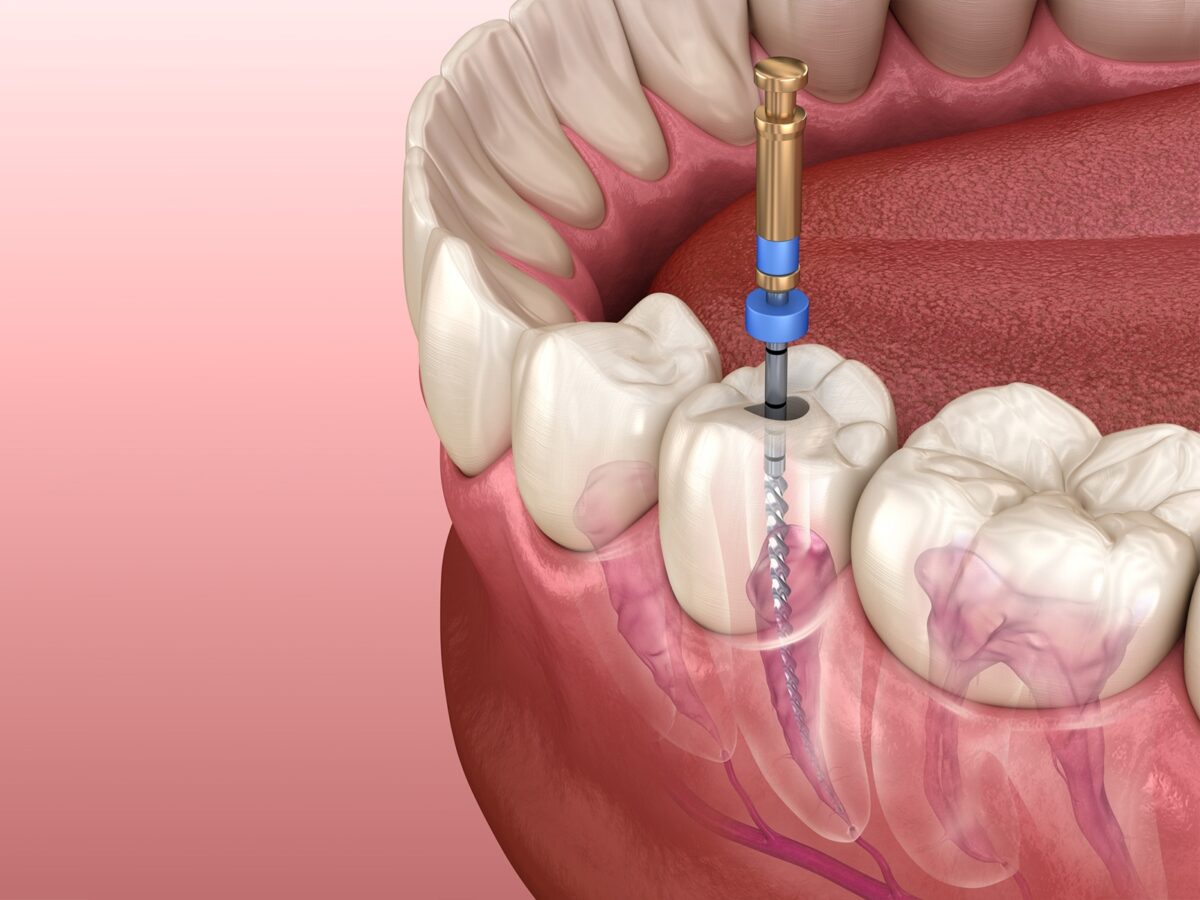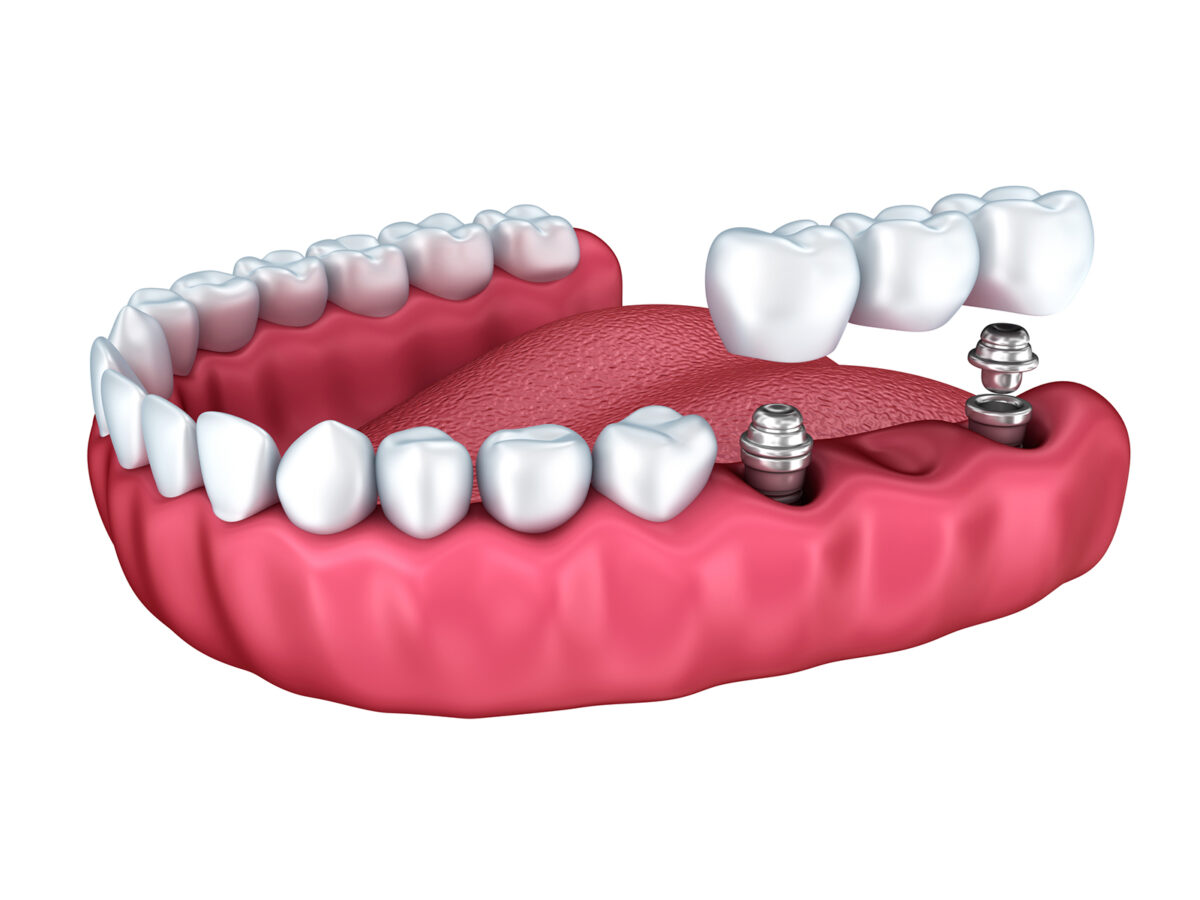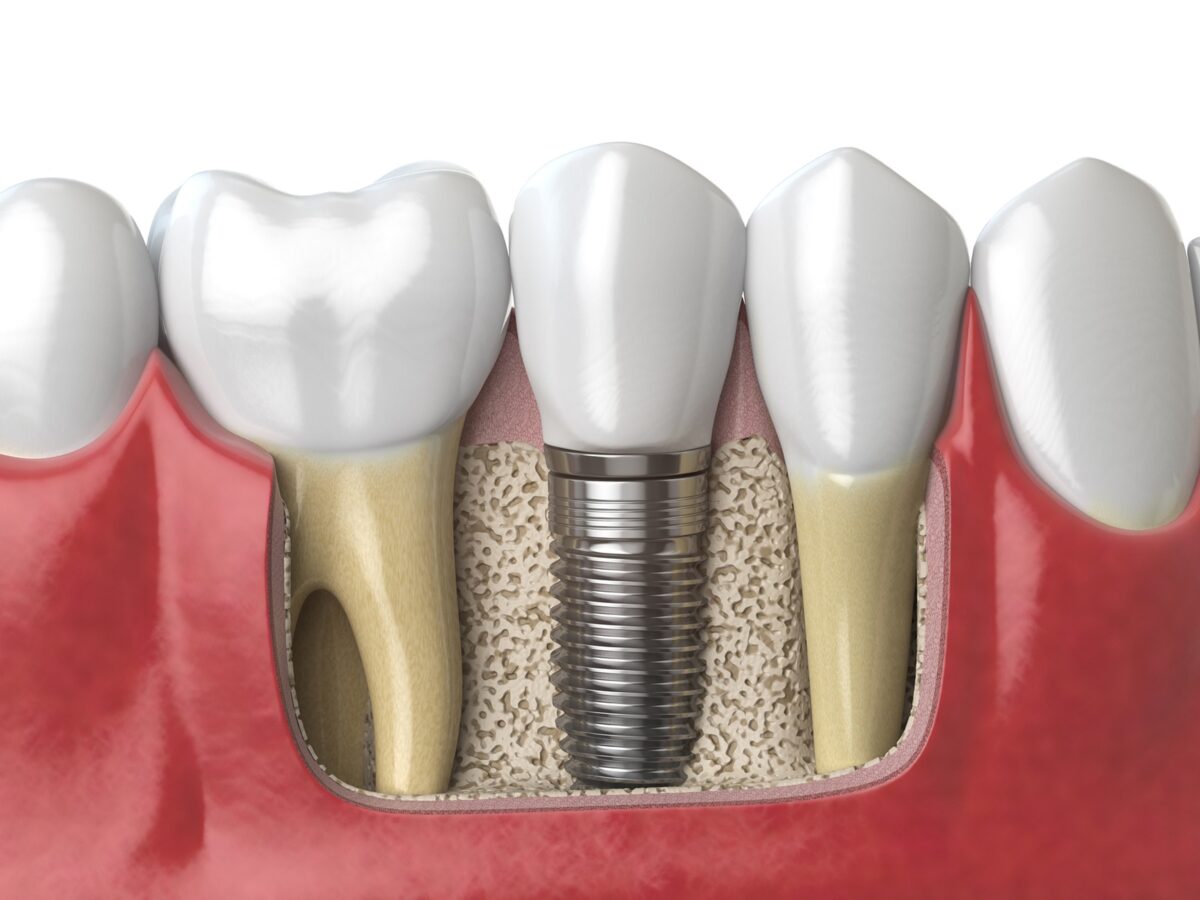A root canal is an endodontic treatment that becomes mandatory when the pulp inside a tooth becomes infected. A tooth’s pulp comprises blood vessels, connective tissues, and nerves and may get damaged due to an injury, severe decay, untreated cavity, etc. The root canal process entails drilling an opening in the tooth, removing the infected pulp, and ultimately dealing with it to prevent further infection.
Root Canal Failure
A root canal is a typical treatment in the United States. It is an incredibly safe treatment with a 95 percent success rate. Moreover, 85 percent of teeth fixed by a root canal last a lifetime. So, the statistics are pretty promising. However, an occasional failure is inevitable in all medical treatments, and a root canal is no exception. A root canal failure may happen due to a loose crown, a tooth fracture, or a new dental decay. The loss is sometimes visible immediately after the treatment, or, at times, it may take years to prop up. Now that we have deliberated upon the possibility of a root canal treatment failing let us look at the top three symptoms of a failed root canal.
- Pain: Minor discomfort and toothache are typical for a few days after a root canal. However, if the pain lingers for prolonged periods and is intense, then you may be experiencing a root canal failure.
- Swelling: Some mild swelling around the treated tooth or all over the face is typical of a root canal treatment. But, persistent swelling and the emergence of a new swelling might be an indication that your root canal failed.
- Discharge: A bloody or pus-filled discharge oozing out from the treated tooth after a root canal procedure implies that a fresh abscess has taken over the area.
In case of a root canal failure, retreatment becomes the viable solution. A root canal retreatment involves disassembling the restorative materials inside the pulp to gauge the source of the failure. Furthermore, if retreatment also fails, an apicoectomy is the next course of action.
Schedule your appointment with a dentist today and get the treatment on time!





